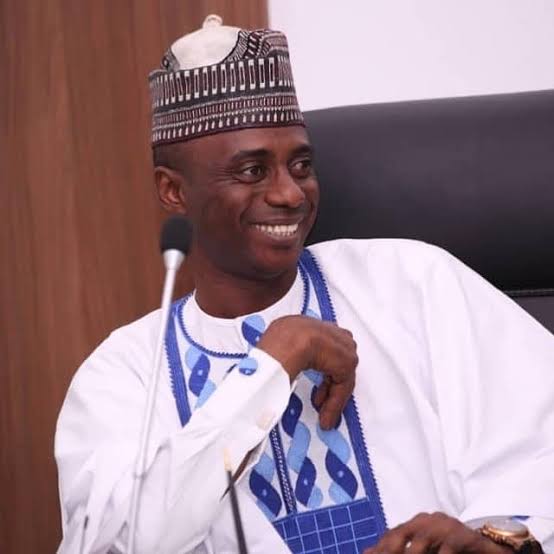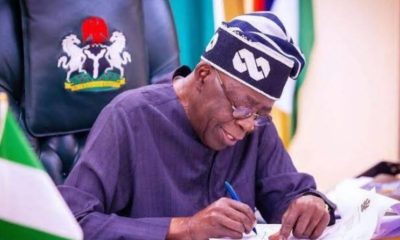Health
Mission calls for love of victims of leprosy

The Leprosy Mission, Nigeria (TLMN) has warned that the disease is still very much in the country, adding that compassion towards victims is the surest way for faster healing than stigmatization.
While speaking to Journalists the Community Relations Officer of The Leprosy Mission Nigeria (TLMN) and also Coordinator of TLMN volunteers, Habila Daniel Diko said all the patients need currently is love and compassion.

He said on Saturday when members of the TLMN Volunteers embarked on a sanitation exercise at the Leprosarium in Minna, that part of activities by the TLMN is ensuring that patients get free medical attention, three meals daily and give out prosthetic limbs to those who have amputated legs.
According to Habila “although, the disease is less contaminable but it is still very much around as there are cases of even little children with leprosy. 
“I look forward to a society where leprosy is no longer a source of stigma but rather an opportunity to demonstrate compassion and respect for all individuals”.
It should be noted that, World Leprosy Day is observed internationally every year on the last Sunday of January to increase the public awareness of leprosy or Hansen’s Disease.
Speaking on the theme of this year “Beat Leprosy”, Habila said, it encapsulates the dual objectives of eradicating the stigma associated with leprosy and promotes the dignity of people affected by the disease.
Furthermore, he disclosed that children of patients who are in the community are given scholarship with full learning materials inclusive, adding that “five of the students are now in various higher institutions across the country.
“For those who are healed and which to go back home, we support them with low cost apartment and some amount of money to start up small businesses so they can take care of themselves”. 
Also, secretary of the TLMN Volunteers, Mrs. Larai Ezekiel called for interventions and support from well meaning Nigerians adding that “patients at the Leprosarium are not only indigenes of Niger state but from various states across Nigeria”.

























